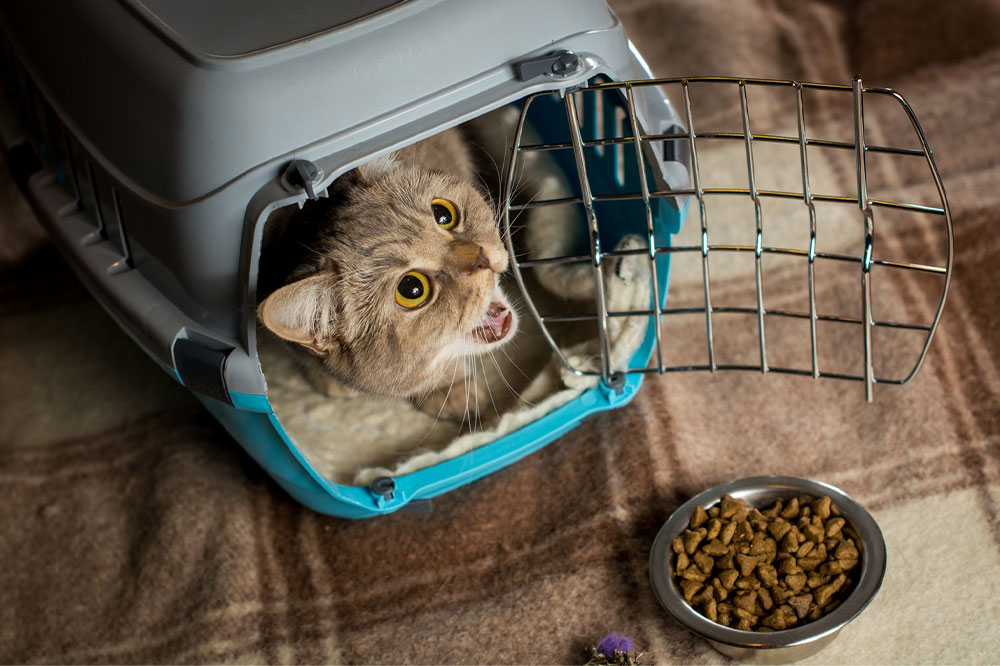
5 Ingredients to Avoid in Cat Food
Cats are smart pets and lovable companions. It is understandable that their pet parents want to show their affection by overfeeding them or giving them food from their plate. However, this can be dangerous to felines. It is vital to read the ingredients when picking up store-bought cat foods. You can also consult your vet on ingredients to avoid. This article talks about 5 ingredients that should not be a part of food for cats.
5 Ingredients to Avoid in Cat Food
1. Avoid artificial dyes and preservatives
Packaged cat food can contain certain artificial preservatives that can be harmful to their body. Check for chemicals as butylated hydroxyanisole added to fats in pet food, which is a carcinogen. Avoid chemical preservatives as ethoxyquin as it can adversely affect a cat’s reproductive and immune systems. You must also stay away from ingredients like phosphoric acid. Even though it is not necessarily toxic, it is a sign that the fat used in the cat food is of poor quality.
2. Concentrated forms of onion and garlic is toxic
Onions and garlic eaten in large quantities or concentrated forms like garlic soup mix or onion powder can be poisonous to cats. Vegetables like shallots, garlic, and onion affect the red blood cells of your cat and can cause anemia. Aside from their heart rate accelerating, they can also experience lethargy. Onion or garlic toxicity can lead to gastrointestinal issues, and in some cases clinical signs of toxicity cannot be seen immediately.
3. Do not add raw eggs
If you want to feed your cat eggs, make sure they are not raw and feed them small quantities only. You should avoid adding raw eggs in your cat’s food as they can carry salmonella or E.coli, which can be passed down to your feline and cause gastrointestinal issues. Even though eggs are good sources of nutrients, excessive usage can increase your cat’s body fat. Do not give egg yolks if your pet is obese or has any kidney issues.
4. Avoid grapes and raising
Raisins and grapes should be kept where your cat cannot reach, and you must take utmost care to prevent your cat from eating them. Research is ongoing to understand what specifically causes the toxicity. The fruits have also been observed to cause kidney failure in severe cases.
5. Milk and other dairy ingredients are not advisable
It can be surprising that cats should not drink milk, as we assume the item to be a staple in their diet. The truth is that most cats are highly lactose intolerant, and you should avoid incorporating dairy products like milk, cheese, and cream into their diet. It can cause an upset stomach, leading to vomiting and diarrhea. Most cats take in lactose only as kittens through their mother’s milk, and they drink this only for a few weeks.


